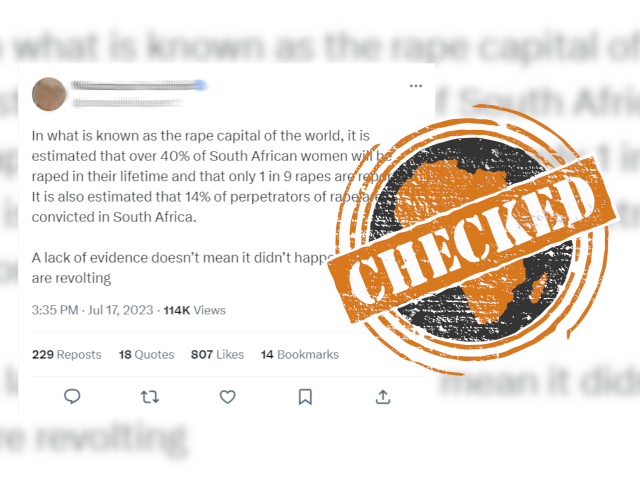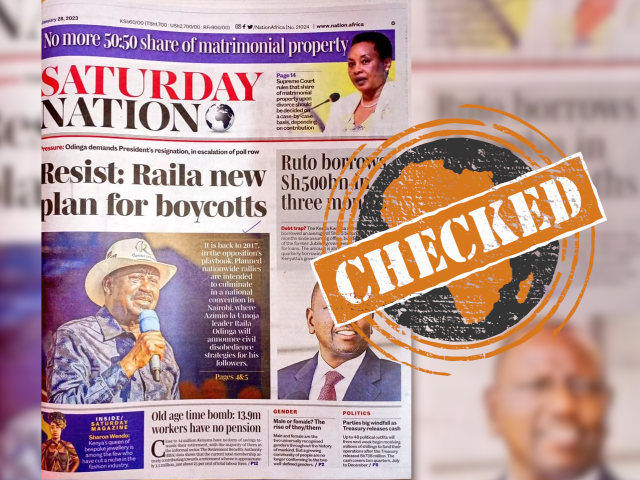IN SHORT: An offer of free data from the government could really help job seekers in their search. But in this case, these offers are a way for scammers to get your personal information.
Posts doing the rounds on Twitter and Facebook claim that the South African government is giving away 10 gigabytes (GB) of data.
The posts say: “_Government is providing 10GB of free data to every South African household sponsored by Communications Minister_*Khumbudzo Ntshavheni*.”
Khumbudzo Ntshavheni was the minister of communications and digital technologies in South Africa from 2021 to 2023. She was appointed minister in the presidency on 6 March, and left the communications portfolio.
The posts include a link to a website, which asks users to enter their phone numbers to receive the data.
The same post has also made its way to a public Facebook group with over 81,000 members.
Africa Check has previously fact-checked similar false claims about government funding. We investigated whether this claim was any different.

Signs of a scam
There are a few red flags that the claim is a scam. It does not come directly from the South African government website or any of its verified social media accounts.
The link in the posts is hosted on Blogspot, a free content management system. Site owners often use these to earn money from views and clicks.
Social media users who click on the link are brought to a colourful, simple and unofficial-looking website that only asks for a phone number.
This is a tactic known as phishing, which gets users to give out sensitive information, like phone numbers, which can lead to fraud.
Debunked by the South African government
The South African government’s official Twitter profile posted a screenshot of the claim with “FAKE” stamped on it on 20 June.
“Don't fall victim to #fakenews. You must always verify information before sharing it,” the tweet said.
Don't fall victim to #fakenews. You must always verify information before sharing it. pic.twitter.com/uS5tF6kl1d
— South African Government (@GovernmentZA) June 20, 2023
The Twitter profile also replied to a tweet asking about the claim, confirming that it was false.
Good afternoon Tim. It's #fakenews. We shared the alert this morning. pic.twitter.com/QWTYhxRRWT
— South African Government (@GovernmentZA) June 20, 2023
Republish our content for free
For publishers: what to do if your post is rated false
A fact-checker has rated your Facebook or Instagram post as “false”, “altered”, “partly false” or “missing context”. This could have serious consequences. What do you do?
Click on our guide for the steps you should follow.
Publishers guideAfrica Check teams up with Facebook
Africa Check is a partner in Meta's third-party fact-checking programme to help stop the spread of false information on social media.
The content we rate as “false” will be downgraded on Facebook and Instagram. This means fewer people will see it.
You can also help identify false information on Facebook. This guide explains how.





Add new comment